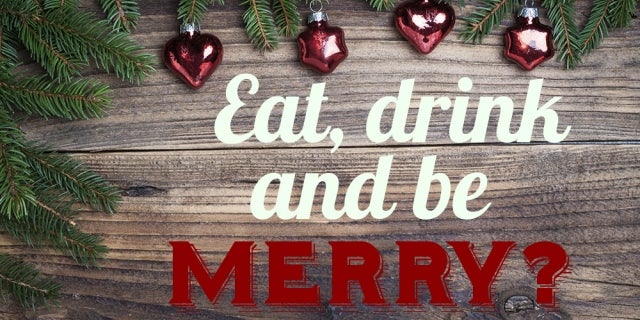Holiday tunes on the radio, strings of lights brightening the neighborhood and a scent of pine and cinnamon transport us to one of the “most wonderful times of the year.” The holidays are the time we see more evergreen, spiced lattes and booked nights on the calendar. They are also the time of the year health care providers see more people suffering from what is now known as “holiday heart syndrome” as more patients present to the hospital with episodes of atrial fibrillation (AFib). For those familiar with the irregular heartbeat or quivering, and even those who have never felt their heart flip-flop or skip beats, AFib tends to be that unwelcomed guest during the holidays, causing heart palpitations, shortness of breath, chest pain, dizziness and raising the risk of stroke and heart failure.
First coined Holiday Heart Syndrome in 1987 following a study of patients going to the hospital with AFib, the condition is one that can strike otherwise healthy people who tend to overindulge in the season’s offerings – caffeine, alcohol, fatty and salty foods and decadent desserts. The main culprit, health care providers believe, is alcohol and too much of it during the holidays. But this differs for everyone depending on how his or her heart responds to alcohol. For those susceptible to the effects of alcohol, any amount of alcohol is believed to weaken the heart muscle, increasing pressure on the heart and causing the upper chambers of the heart to stretch, triggering an AFib episode. For most of us, however, drinking too much is the main cause. For women, this could be seven or more drinks in one week (or more than three in one sitting) and more than 14 drinks per week for men (or more than four drinks in one sitting).
As mentioned, there are other causes of AFib during the holidays – eating too much, high salt intake, fatty foods and caffeine. As the social calendar gets booked with festivities, our regular diet, exercise and sleep routine tend to take a back seat to squeezing in as much fun as we can between Thanksgiving and New Year’s Day. Poor diet, sleeping less, all but wiping exercise off the calendar for a month and refueling on high-caffeinated lattes to keep us going spells a perfect recipe for AFib and even a heart attack. In fact, December 25 ranks number one as the deadliest day for heart attacks, followed by December 26.
Don’t Let AFib or a Heart Attack Crash Your Party
This holiday season, take care of your heart and the holiday season by staying more in line with what you have been doing the previous 11 months of this year. Eat a clean low-fat, low-sodium diet, keep exercise a priority (even if you only have 20 to 30 minutes each day), stay as close to your regular sleep schedule as possible (catching up on weekends doesn’t count), stay hydrated especially in this colder weather, and treat yourself to only an occasional limited-time-only holiday latte. Also, talk to your health care provider about any changes you notice during this time. If you feel like your heart is starting to act abnormally, have it checked out.
Looking for a perfect heart-warming stocking stuffer? Oklahoma Heart Institute Life-Saving Screenings can save lives and prevent a heart attack and stroke. Click here to learn more about the screenings beginning at $40.

